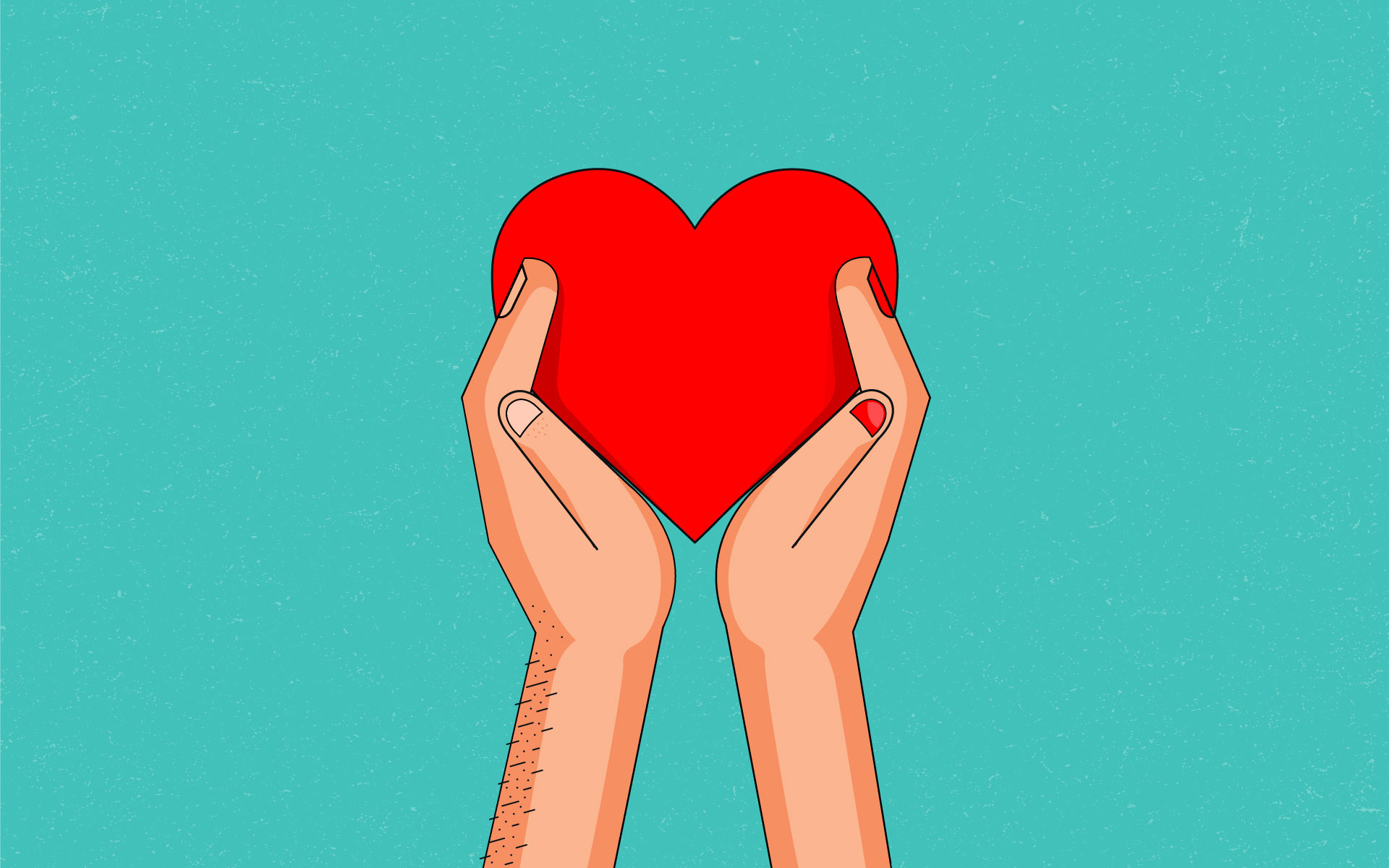I knew my marriage was in trouble when my therapist gave me permission to say whatever I wanted, without judgement, and the words “I don’t love my husband the way I used to” came tumbling out.
Before you clutch your pearls, jump to conclusions and judge, listen first. My husband has a rare, degenerative disease, and I am his caregiver. Now you can judge. Or maybe, try and walk in my shoes.
When my husband and I married, we expected to have a full life and grow old together, spending the kids’ inheritance gallivanting on cruise ships.
Instead, we had to drastically downscale, move to a single storey home, sell a car, cut back on expenses, and let many dreams and the additional kids go.
One would need to be saint to not be negatively affected by this. I was expecting to be in a partnership where we participated equally and were equally responsible for our life together. This meant sharing the household duties, ensuring we both earn a good income, and sharing the load physically and emotionally.
Instead, I found myself taking on the lion’s share of the household and family duties, as well as making sense of this brutal beast we were suddenly faced with. I had to deal with the doctors, the medical admin and the quest to find medication that did not cost in excess of US$100 000 per month.
People respond to stressful situations with a fight or flight response. My husband flees, and I fight. And boy, did I fight.
But as things started to slow down to a panic, I became aware of a new feeling. “Why me?” I tried to be the good wife, and carried on the good fight.
Everyone told me what a good wife I was, how lucky my husband was to have me in his corner, how admirable my dedication to him was. And all I wanted to say was, it’s not fair!
I was angry, resentful, overloaded, lost, bewildered, tapped out and wrung dry. But still I would not allow myself to feel those feelings. My husband was given three-and-a-half years, maximum — we’re in year seven now — so I berated myself for having a pity party. But this denial just deepened my anxiety and frustration. Emotional and physical intimacy was so far off the table, it was as good as no longer living there.
That day in my therapist’s office, after she let me give in to the sheer rage, I didn’t allow myself to feel before, I realised my marriage was irrevocably changed. Staying in this marriage meant I needed to wrap my head around my new normal. I needed to acknowledge that the path would not be easy.
I had to think up new ways to get what I needed out of my marriage. How would I find ways to cope? It was and still is, a huge learning curve.
The physical and emotional demands of being a
caregiver to your ill spouse sucks. There, I said it. It’s something I didn’t
ask for and certainly don’t want. But that doesn’t mean I can’t make it work
for me.
In rebooting my marriage, I discovered a new me. A deeper, more resilient me. I
discovered new aspects of my marriage and my friends. I found a way to adapt to
my new normal and in so doing, minimised the feelings of resentment.
I learnt to let go of wanting to do everything for my husband, and letting him do as much as he can handle. This helped me see him as a man again, as opposed to my patient. And when he’s unable to do something physically, I’ve learnt to call on our village to step in, so I can feel like a cherished wife and woman and not an overworked nurse/handyman.
Our village has been incredible. They’ve stepped in and stepped up and given me time to rebalance and find myself. They gave me the freedom to refresh, space to breathe and recharge. When it’s my turn to step in, I see my husband through a lens of love and not a lens of resentment.
I’m not saying that I no longer feel overwhelmed at times. But when I feel my resentment rising, I’m able to recognise I need help and ask for it. Something I used to struggle with.
So yes, I’m no longer head over heels in love, but I still love my husband. And the bits about him that I lost to his disease? I found new ways to deal with that loss.
He can’t walk on the beach or go for a hike? I take a friend and send him voice notes and videos of our favourite spots in the forest or on the beach.
He can’t climb ladders to clean gutters or change outside light bulbs? I invite his buddies over for a beer, and they have a DIY party while he supervises.
He’s no longer able to help our son with sport practise? We arrange a playdate with mates and he can be there, even though he’s not able to participate.
Of course there are days when it’s tempting to bolt out the front door and never return. But with my new attitude and support, I’m able to tap out and catch my breath, while someone else steps in. I now see every day as a bonus.

Leave a Reply